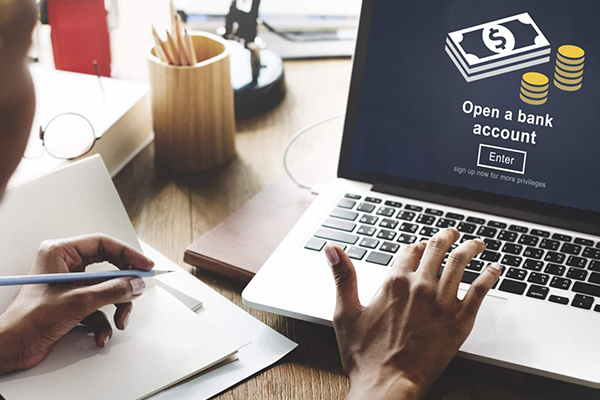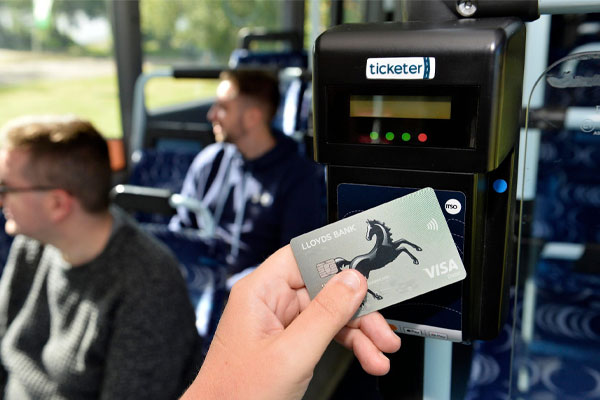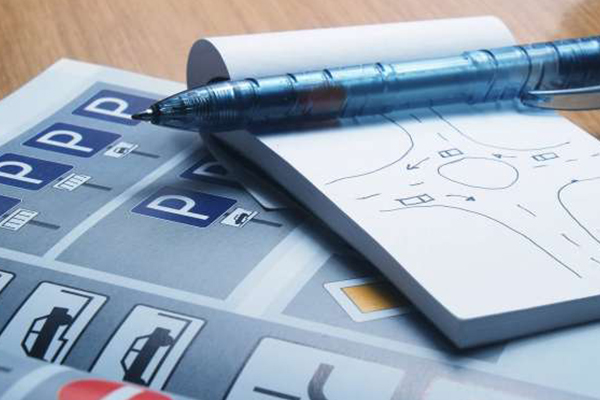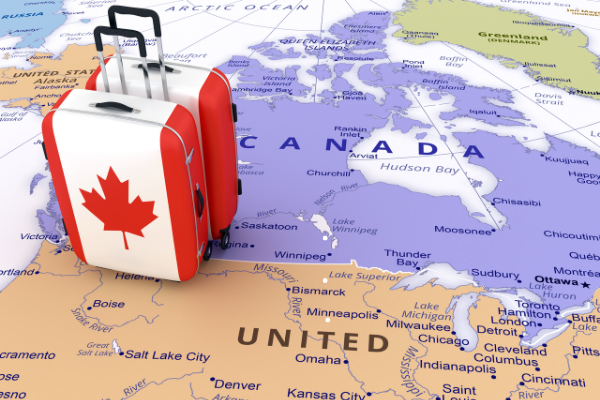Open your bank account

Open your bank account
You have the right to open a bank account (also called deposit or personal account) or other types of saving accounts at a bank. That includes federal credit unions and authorized foreign banks.
You can also do so at any provincially regulated financial institution or other types of federally regulated financial institution that offer this product or service.
You can open a bank account even if you:
- don't have a job
- don't have money to put in the account right away
- have been bankrupt
You can open a bank account either in person, by electronic means or by telephone. The bank must be able to confirm your identity through proper identification.
Contact the bank to find out if there are other ways to open an account with them. Financial institutions that operate only online may require that you have an existing account with another financial institution before opening an account for you.
Information you must receive when you open a bank account
When you open an account at a bank, it must give you information about your account. For example, information about fees, increases in charges and new charges. This applies even if you open another account at that same bank.
When your bank must tell you about charge increases
When a bank increases a fee or introduces a new charge, it must give you written information about it.
Learn more about your rights when opening a bank account.
If you were not made aware of the changes to fees or the new charges before they came into effect, you can make a complaint.
Electronic alerts from your bank
Your bank must send you an electronic alert when the balance of your chequing or savings account falls below a certain amount.
These alerts may help you manage your day-to-day finances and avoid fees.
Learn more about these electronic alerts.
Opening a bank account if you're not a Canadian citizen
You may be able to open a bank account with the proper identification in Canada even if:
- you're not a Canadian citizen
- you live in another country
You may need to go to the bank in person to open a bank account. Contact the financial institution for more information.
Identification you need to open a bank account
To open a bank account, the bank must be able to confirm your identity through proper identification.
There are two ways that allow you to meet the identification (ID) requirements. You must provide original ID, not photocopies.
(1) Provide two documents from a reliable source:
- one document indicating your name and address
- the other document indicating your name and date of birth
The two documents of identification must be from the following list:
- identification issued by the Government of Canada or the government of a province
- recent notices of tax assessments issued by the Government of Canada or the government of a province or municipality
- recent statements of benefits from the Government of Canada or the government of a province
- recent Canadian public utility bills
- recent bank account or credit card statements
- foreign passports
(2) Provide any document from a reliable source that indicates your name and date of birth. This way works only if your identity is also confirmed by:
- a customer who is in good standing with the bank, or
- someone who is of good standing in the community where you are opening the account.
What to consider before opening a bank account
Before opening a bank account, you may want to consider the following:
- how you'll use the account, such as for saving or making payments
- charges or fees on the account
- interest you'll earn on the money in your account
- if your deposits are protected by deposit insurance
Before you sign up for an account, make sure you understand all the terms and conditions of the account, including fees. Ask questions about anything that you don't understand. Keep a copy of your account agreement for your records.
Use the Account Comparison Tool to find the account that best suits your needs.
Transferring an account from one bank to another
You may decide to transfer your bank account from one financial institution to another if it offers a product that better suits your needs. It's also a good idea to review your banking package from time to time.
Most financial institutions have processes to help you manage the transfer. This may include arranging for your old financial institution to transfer all your pre-authorized debits to your new account.
Keep your old account open during the transfer. Cut up old debit cards and cheques to prevent fraud.
Check your statements from both financial institutions until you're sure that:
- the new account is running smoothly
- you're not making the same payments twice
When a bank refuses to open an account for you
A bank doesn't have to open a bank account for you if:
- it has reasonable grounds to believe that your account will be used for illegal or fraudulent purposes
- you have a history of illegal or fraudulent activity with financial service providers during the past seven years
- it believes you knowingly made false statements in the information you gave
- it believes you might cause physical harm to, harass or abuse other customers or its employees
- you don't have an account already and it only offers accounts that must be linked to an existing account with another bank
- you don't allow it to take steps to verify that the identification you presented is valid
- in the case that the bank is a federal credit union, you don't agree to become a member if it requests you to do so
If a bank refuses to open a bank account for you, it must notify you with a written statement.
They must also disclose to you:
- their procedure for dealing with complaints
- the name of the external complaints body (ECB) of which they're a member and how to contact that ECB
- the Financial Consumer Agency of Canada's mailing address, website and telephone number
If a bank won't open an account for you and you feel you have been treated unfairly, you can file a complaint.
Find out how to file a complaint with a financial institution.










